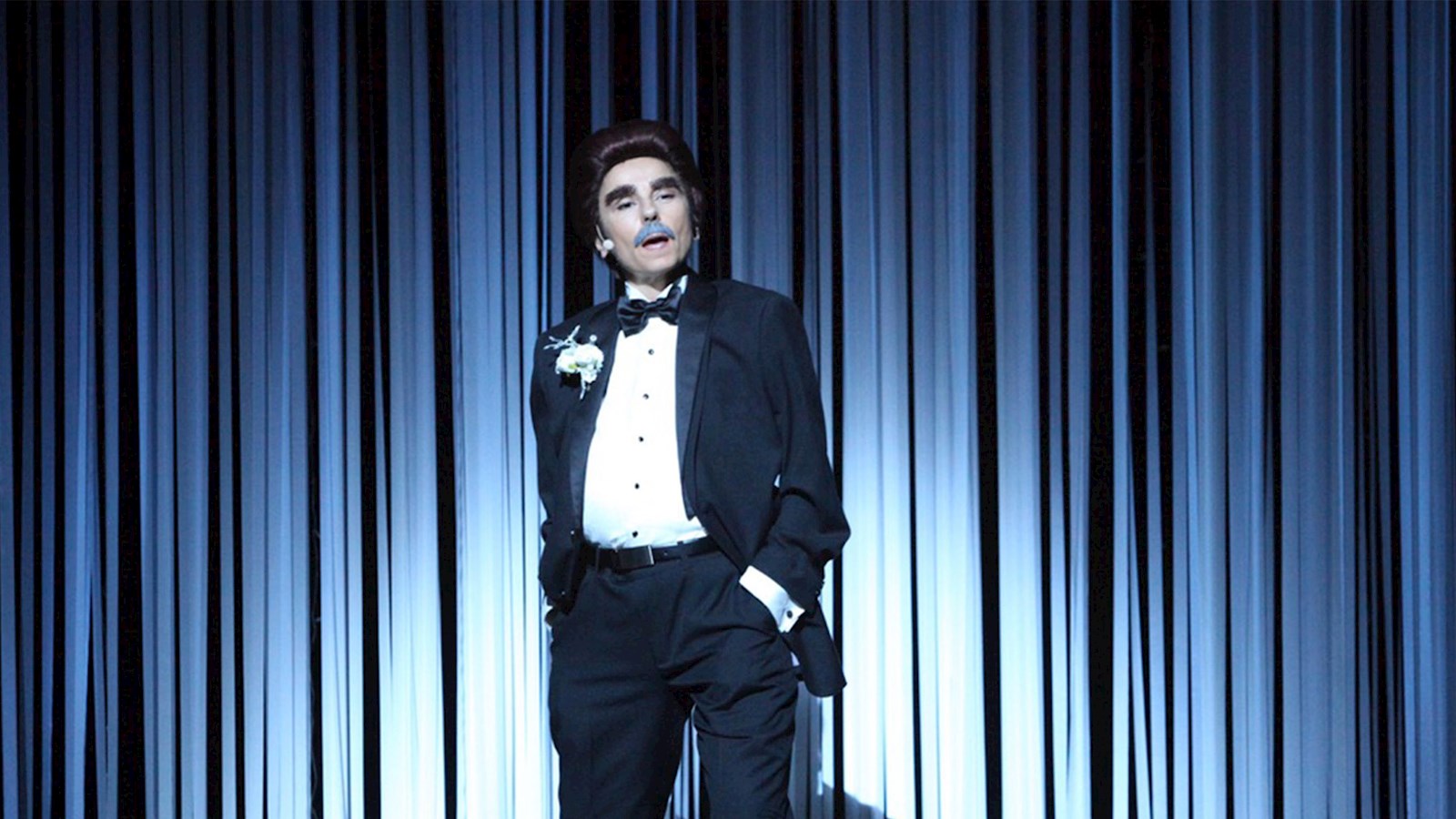
Creativity is personal – between need and hope
Mary Coustas, actress, writer and comedian, reaches deep into her personal experience of life to deliver her special brand of creativity to her audience
How would you define creativity – is it a process, an idea, a talent?
Creativity for me has always been the expressive intersection between need and hope. It speaks to more than just ourselves, but at its essence it is personal. It’s a perspective, a desire, an opinion on the world and our place in it.
What difference does being creative make to the way in which you approach opportunities/problems?
Every project I begin – whether it’s a stage show, TV show or book – starts with a question: “What is the message, the feeling, the takeaway for the audience or reader? How does it in some way become an asset for them?”.
Who has inspired you creatively?
The first album my brother and I bought in the mid 70’s was Stevie Wonder’s, ‘Songs in the key of life’. As a child it was astonishing to me that a blind man could see so much. That the heaviness of race and all the injustices surrounding that would be expressed in such a poignant, lyrical, optimistic and unforgettable way.
How did being creative enable you to deliver something positive – something that has made a difference to people's lives?
As a Greek-Australian, I grew up in a working-class multicultural suburb in Melbourne. It was a cultural kaleidoscope of wonder and discovery, and there was great comfort in that. And freedom.
But ambition forces discomfort. My father wanted us to be able to access more, to open up the possibilities of a greater future. So, at the age of nine, we moved, and I was thrust into the white middle class. Suddenly racism became an issue. I became their favourite exotic dish and target.
I discovered daily that racism is the tax you pay for being different. It was excruciating but it eventually birthed a career that spoke to the pain of that.
Comedy is the simplest, most intravenous way to address the difficult issues. It boldly goes to the uncomfortable places and releases the pressure of that discomfort by perforating it with laughter.
Comedy reveals the truth, and the market research is instant. The laughter says it all.
Growing up I didn’t see anyone on TV or in the media that looked like me. No-one. Maybe we didn’t exist. The only people that I could relate to were the people I was related to. Real people with no filters, no fake news, no objections other than to love and live as well as their circumstances and capacities would allow. And yet it was the Greeks who discovered the healing nature of the theatre. They knew how important its role is in understanding humanity and our desire to connect with each other. Thousands of years ago people would gather in ancient amphitheatres, some with as many as 10,000 seats, and react collectively – as one – to the power of art. The necessity to mirror life through the lenses of drama and comedy was essential.
The arts might not have been the most logical career choice, as far as my parents were concerned, but the necessity to tell my stories and our stories was.
How important is it to surround yourself with other creative thinkers, perhaps people that think differently from you?
Being Greek I was surrounded by ‘larger than life’ characters, people that created a stage in every situation they found themselves in. I wanted to honour these invisible unsung heroes by creating public ones. And my latest one-woman show, ‘This is Personal’ does that. It exposes all the key characters that shaped me and what was born from the most difficult and illuminating times in my life.
What have you learned from thinking creatively that will inform your next project, role, endeavour?
Belonging is such a key issue for all of us. Finding our place in the world, in our homes, in our bodies and the struggle to align the essence of us with all that we face is key. I like to think that from there anything is possible.
published on
20 June 2022

